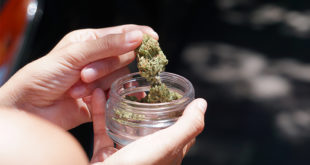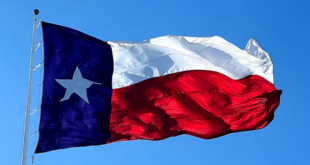
Renowned for being world leaders in politeness, don’t expect Canadians to be apologizing anytime soon regarding cannabis legalization. The United Nation’s International Narcotics Control Board (INCB) has made it clear that cannabis cannot be reconciled due to the Canada’s international legal obligations and to, “consider the repercussions of its policy on other Member States.”
Russia’s foreign ministry spokesperson has been a vocal opponent of legalization and has even reached out to other G7 nations for Canada to reconsider.
In 1961, 1971, and 1988, Canada signed treaties to limit the production and sale of recreational drugs. Thirty years later, these treaties are outdated.
According to a report by a coalition of health and human rights advocacy organizations, Canada has other options beyond reconsideration.
- The treaties could be amended to accommodate Canada’s legalization of cannabis.
- Canada could reschedule cannabis as a less dangerous drug.
- Canada could withdraw from the treaties completely.
- Canada could take a stance of non-compliance.
- Stand in noncompliance and work to change the treaties.
- Deny any questions of noncompliance by saying the laws comply with the treaty.
Uruguay and the United States have utilized option 2b.
Ultimately the INCB has the authority to decide who is in compliance and who isn’t. But for one of the first times, Canada might be saying “Sorry, not sorry,” to other Member States.
So far there has been no holding back, despite the newness of recreational legalization.
Since early June, Canadian companies closed on funding deals or declared plans worth nearly 880 million Canadian dollars ($671 million), according to Marijuana Business Daily.
And the rest of the world is eyeing the possibilities. According to Arcview Market Research and BDS Analytics, spending on legal cannabis is forecast to reach $57 billion around the world by 2027.
Federally licensed Canadian cultivation companies are already exporting cannabis products or have forged production deals in Europe, South America, Asia, Africa, Australia and New Zealand.
The only country determined to miss out: Russia.
 AZ Marijuana Arizona Marijuana Info
AZ Marijuana Arizona Marijuana Info






